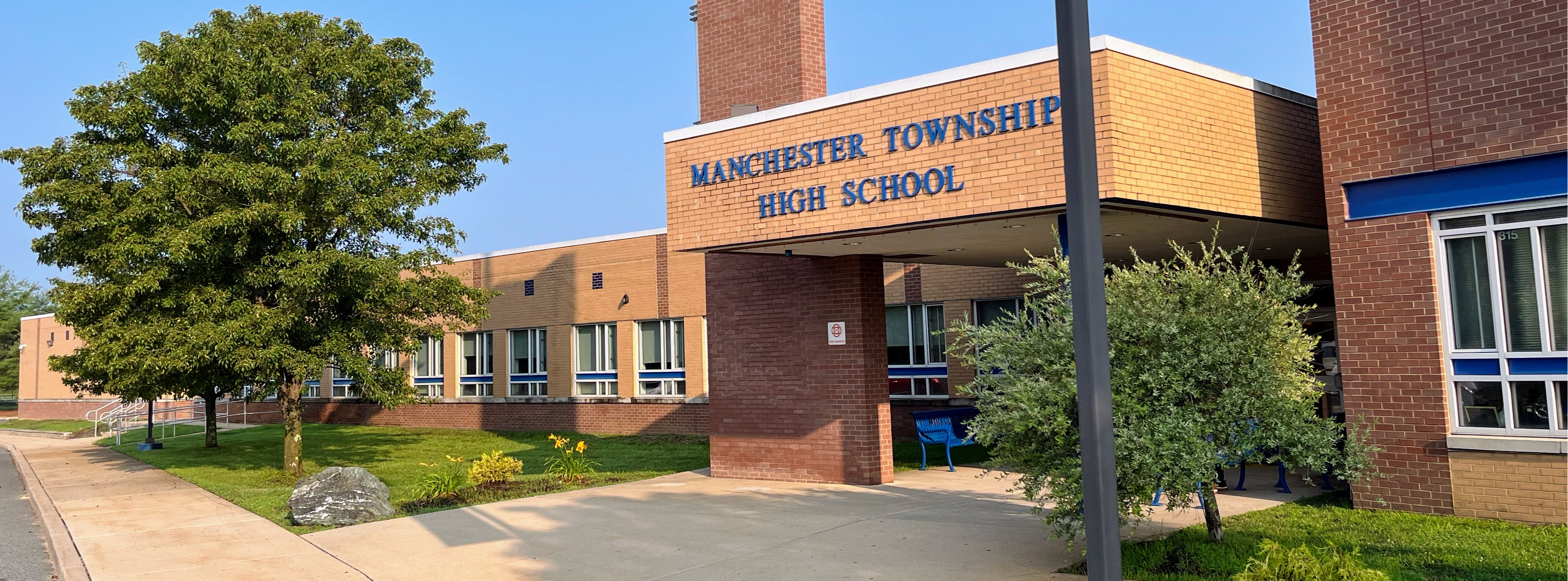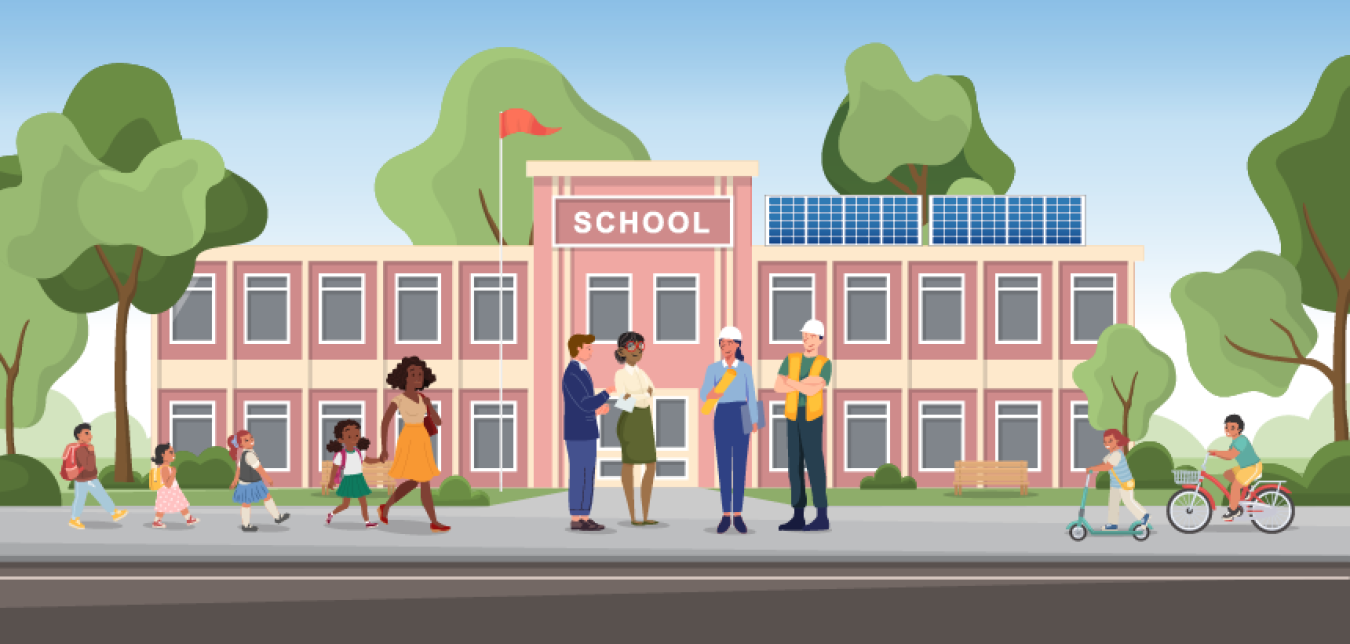Join Us: Events and Campaigns to Save Temecula Schools
Join Us: Events and Campaigns to Save Temecula Schools
Blog Article
Comprehending the Relevance of Schools in Youngster Development and Neighborhood Growth
Schools function as crucial establishments for youngster development and neighborhood growth, supplying atmospheres where academic achievements are complemented by the cultivation of social abilities and exposure to diverse perspectives. These academic setups not just advertise essential reasoning and efficient communication yet also foster compassion with collaborative tasks. Furthermore, institutions' engagement with regional communities via service-learning initiatives enhances the bond between households and universities. This symbiotic partnership underscores the significance of institutions in nurturing active citizenship and long-lasting knowing behaviors. What are the specific devices by which these organizations accomplish such extensive influences?
Academic Achievement
Academic success functions as a cornerstone of youngster growth, providing the foundation upon which future understanding and success are constructed. Institutions play an essential duty in promoting this scholastic development, providing structured settings where youngsters can get vital understanding and cognitive abilities. Standardized curricula make certain that pupils gain proficiency in core topics such as mathematics, science, and language arts, which are important for both college and professional opportunities.
In enhancement to imparting fundamental scholastic skills, colleges likewise cultivate important thinking, problem-solving capabilities, and intellectual interest. These cognitive competencies are crucial for navigating intricate real-world scenarios and adapting to the ever-evolving demands of the modern work environment. Teachers, as facilitators of understanding, use varied pedagogical methods to satisfy different understanding designs, thus maximizing individual student potential.
Additionally, scholastic success is carefully connected to self-esteem and motivation. Children who experience academic achievements are most likely to develop a favorable self-concept and a lifelong interest for discovering. Colleges likewise use numerous sources, such as collections and technology, which better enhance the educational experience and prepare trainees for a highly advanced culture.
Social Ability Advancement
Beyond scholastic accomplishment, the role of institutions in social skill advancement is vital. Schools act as a primary location for children to find out and exercise crucial social abilities such as cooperation, communication, and conflict resolution. In the organized environment of a classroom, students interact with peers, instructors, and other school personnel, supplying numerous opportunities to establish these essential capacities.
Effective social ability advancement in schools is helped with via team tasks, joint projects, and extracurricular programs. These interactions assist trainees comprehend social norms, build empathy, and promote a sense of area. Team jobs teach students just how to work with each other in the direction of an usual objective, pay attention to different perspectives, and navigate disagreements constructively.

The cultivation of social abilities throughout school years lays a structure for future individual and professional connections. Save Temecula Schools. As trainees grow, the ability to efficiently interact and work together becomes progressively essential, emphasizing the school's important function in alternative youngster growth
Direct Exposure to Variety
Direct exposure to variety in colleges is basic to cultivating a comprehensive frame of mind and expanding trainees' perspectives. Schools act as a microcosm of the broader society, and coming across diverse cultures, languages, and socioeconomic backgrounds within this environment equips students with essential skills for browsing an increasingly globalized world. This direct exposure urges compassion, minimizes prejudices, and promotes mutual regard amongst peers.
Diverse classrooms likewise enhance cognitive and social growth. Study shows that trainees who communicate with peers from varied histories show much better analytical skills and creative thinking. They discover to appreciate various point of views, which enhances classroom discussions and cultivates a much more dynamic learning experience. This understanding of diversity prepares trainees for future offices that worth multicultural capability.

Area Engagement
The benefits of diverse classrooms extend beyond the institution walls, promoting a strong sense of neighborhood engagement amongst pupils. By interacting with peers from various social, socioeconomic, and ethnic backgrounds, pupils gain a broader perspective and a recognition for diversity. This direct exposure urges them to come to be active people who are prepared to contribute positively to their communities.
Institutions that highlight community engagement often incorporate service-learning jobs, which permit students to address real-world problems while using important source academic abilities. These jobs not only boost trainees' understanding of their coursework however also infuse a feeling of obligation and empathy. Partnerships between schools and regional organizations supply pupils with chances to get involved in neighborhood events, better strengthening their role as aggressive area participants - Save Temecula Schools.
Additionally, parental and community participation in schools enhances the bond in between instructional establishments and the neighborhoods they serve. Via these efforts, colleges play a crucial function in nurturing community interaction and promoting social development.
Lifelong Discovering Habits
Establishing lifelong discovering routines is necessary for a child's constant growth and versatility in an ever-changing world. Schools play a critical function in instilling these practices by producing an atmosphere that fosters inquisitiveness, essential reasoning, and a love for expertise. With extracurricular activities and diverse educational programs, educators motivate trainees to explore various subjects, assess information seriously, and use their discovering to real-world situations.

In addition, colleges provide a structured setting where youngsters can develop self-control and time monitoring abilities, both of which are essential for continual understanding. By emphasizing the relevance of establishing goals, reviewing development, and adjusting methods, universities prepare trainees to browse the intricacies of grown-up life, ensuring they stay lifelong learners and contributors to society.
Conclusion
In final thought, schools are important in promoting kid advancement and neighborhood development by providing atmospheres favorable to scholastic accomplishment, social skill advancement, and direct exposure to variety. With collective jobs and interactions, schools enhance critical thinking, empathy, and interaction abilities. Neighborhood interaction initiatives better reinforce the bond in between universities and local neighborhoods. Eventually, institutions cultivate long-lasting knowing habits, outfitting people with the required knowledge and abilities to add favorably to culture.
In the organized atmosphere of a class, pupils interact with peers, educators, and other institution team, offering numerous possibilities to develop these important abilities.
In essence, direct exposure to variety within institutions not only enriches private pupils yet he has a good point also enhances the social fabric of the area as a whole.
The benefits of diverse classrooms expand past the school wall surfaces, fostering a solid sense of neighborhood interaction amongst pupils.Colleges that emphasize community engagement commonly include service-learning tasks, which permit pupils to address real-world problems while applying academic skills. Partnerships in between institutions and regional companies supply pupils with possibilities to get involved in area occasions, additionally strengthening my explanation their duty as proactive area members.
Report this page